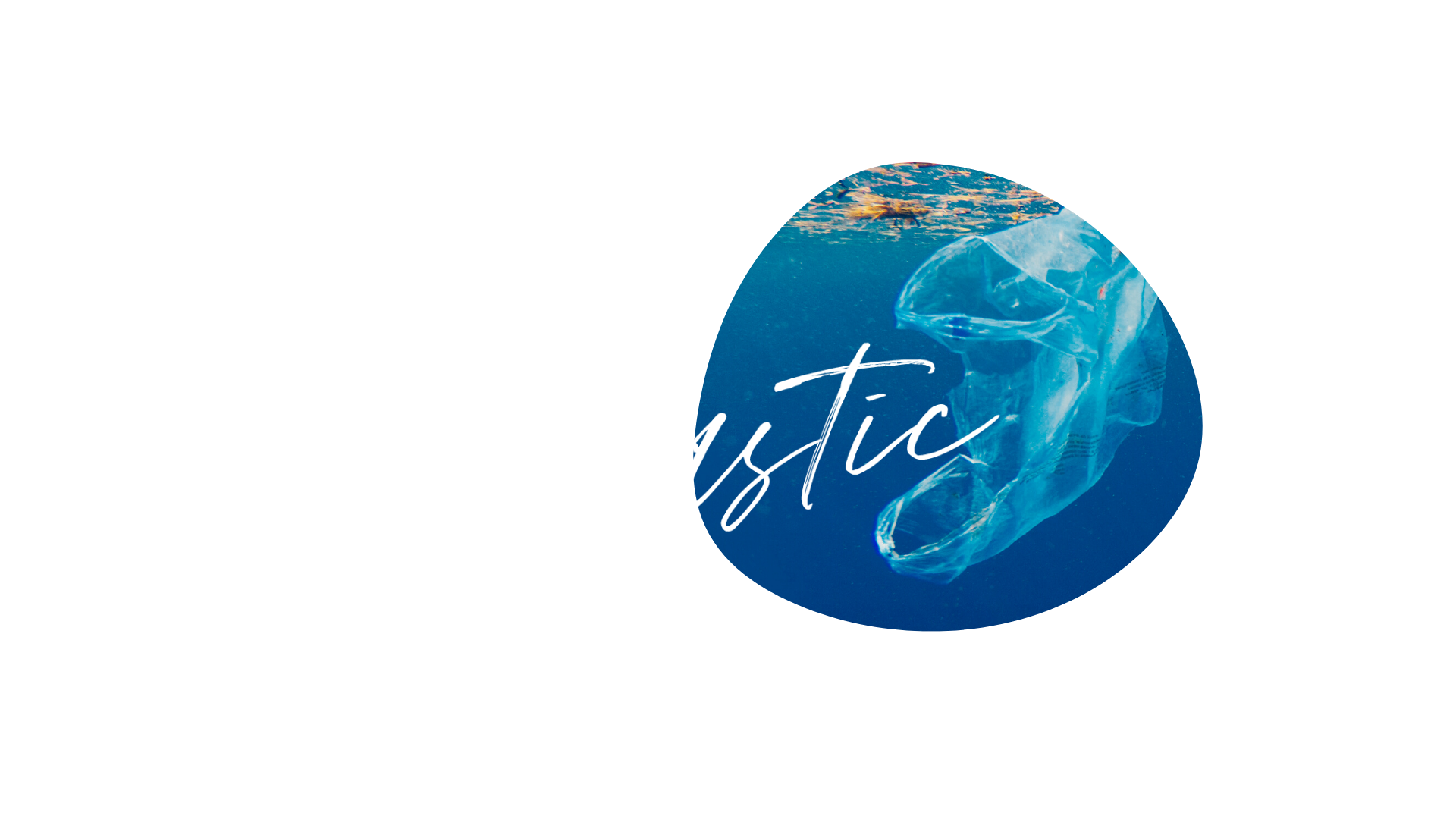
Business Policies
2.1 Little Fox Design supports verified forestry supply chains such as the FSC or Ancient Forest Alliance when choosing paper stocks.
2.2 100% PCW recycled paper will be preferred, and if unavailable the highest percentage possible will be deferred to for all print items. When traditional paper is not used, a sustainable alternative is acceptable (seed paper, sugar paper…).
2.3 Inks and coatings that have low or no VOC emissions will be used in order to minimize air pollution.
2.4 No plastic or foil coatings will be used (laminate, soft-touch matte…) for aesthetic purposes. Laminate will only be used when crucial for the longevity of the item. These coatings cannot be recycled and actively contribute to microplastic pollution in the ocean and chemical leaching in our landfills.
2.5 Local printers are prioritized in order to support the local economy and reduce emissions. If a client is remote, LFD will source printers in their area to reduce carbon footprint.
2.5 Item life-cycle is considered and designed for. Digital alternatives may be suggested where relevant.
Sustainable Policies
1.1 Little Fox Design is aware that by designing for print, it is profiting off of an extraction-based industry that in many cases is unsustainably extracted, causing harm to biodiversity, ecosystems and people. Unsustainable extraction policy has created our climate emergency.
1.2 Little Fox Design’s mission is centred around environmental responsibility and is aware of its role to act as a steward of the environment to protect and advocate for forest conservation and the creation of responsible business practices that decrease GHG and increase carbon sequestering initiatives.
1.3 Little Fox Design understands the responsibility it has as a business and environmental advocate to ensure that it is advising and ensuring its clients undertake the creation of print design pieces in an ethical and sustainable manner that preserves our planet for future generations.
1.4 Little Fox Design will aim to follow the most up-to-date information available about the effectiveness of sustainability initiatives by having regular conversations with local printers about their practices and by following recommendations established by documents such as the IPCC report, and Paul Hawken’s “Drawdown” and the UN.
1.5 Little Fox Design will not support greenwashing campaigns or companies that are actively contributing to the destruction of our Earth its inhabitants or human welfare.
Diversity Policies
1.1 Include diverse imagery in mockups, photography, client presentations, portfolio pieces, and social media feeds.
1.2 Continue to learn about intersectional sustainability and learn from BIPOC to promote sustainable education that fights against racism and advocates for justice.
1.3 Promote the voices of BIPOC in our work and amplify their environmental and human rights messaging whenever possible. This includes being more vocal about the Indigenous, Black, POC research we are reading. We also aim to donate some of our profits to Indigenous activism and active climate blockades.
1.4 As a Canadian studio, we commit to learning about and advocating for the environmental policies endorsed by First Nations' communities in Canada. This includes (but is not limited to) land rights, extraction projects, endangered species, repatriation, protected areas, etc.
1.5 Actively implement our BIPOC sustainability and anti-racist research into the sustainability framework we use for working with clients. This framework is used to identify and mitigate harm in local, national, and global communities and to fight against environmental racism and injustice.
We take our environmental work very seriously. These are the principles that guide our actions and our work.
Many coatings like laminate and soft-touch are made of plastic and break down into microplastics.
Metallics and foils look beautiful but cause heavy-metal pollution and can’t be recycled.
Traditional ink is petroleum-based; when possible we use plant-based inks.
Sustainable Development Goals
Climate change is now affecting every country on every continent. Without action, the world’s average surface temperature is likely to surpass 3 degrees centigrade this century. The poorest and most vulnerable people are being affected the most.
Sustainable consumption and production is about promoting resource and energy efficiency, sustainable infrastructure, and providing access to basic services, green and decent jobs and a better quality of life for all.
Forests cover 30.7 per cent of the Earth’s surface and, in addition to providing food security and shelter, they are key to combating climate change, protecting biodiversity and the homes of the indigenous population. By protecting forests, we will also be able to strengthen natural resource management and increase land productivity.







